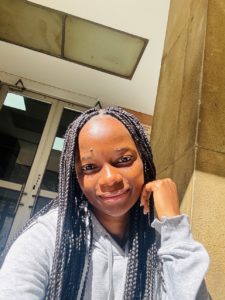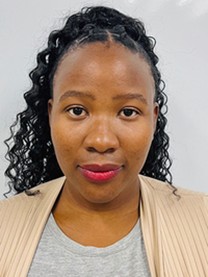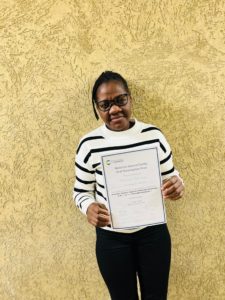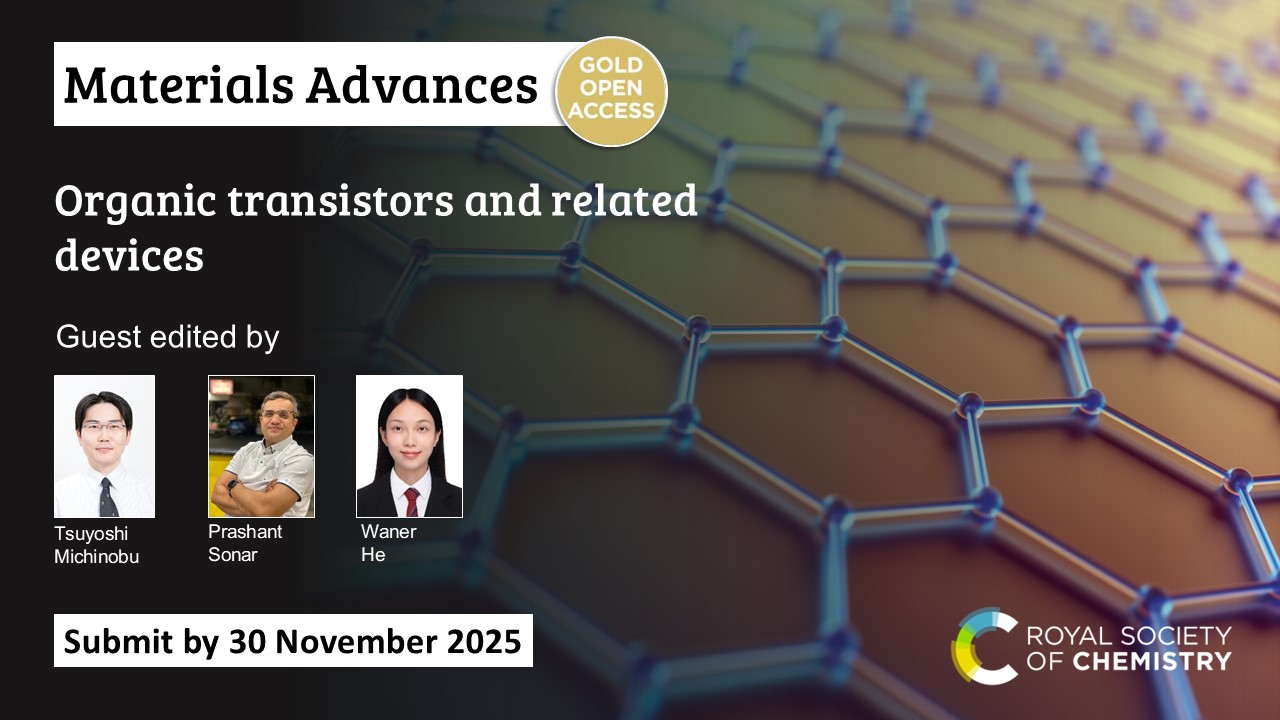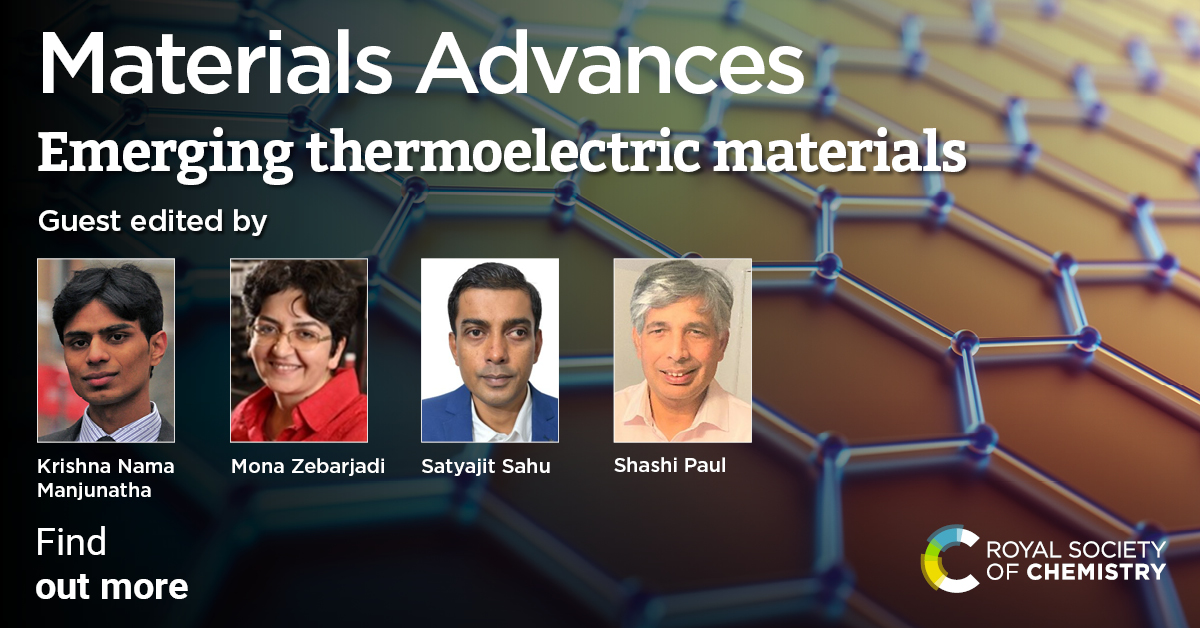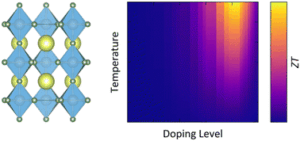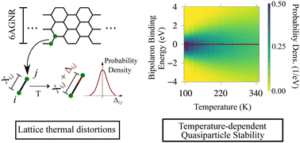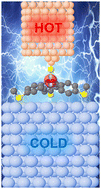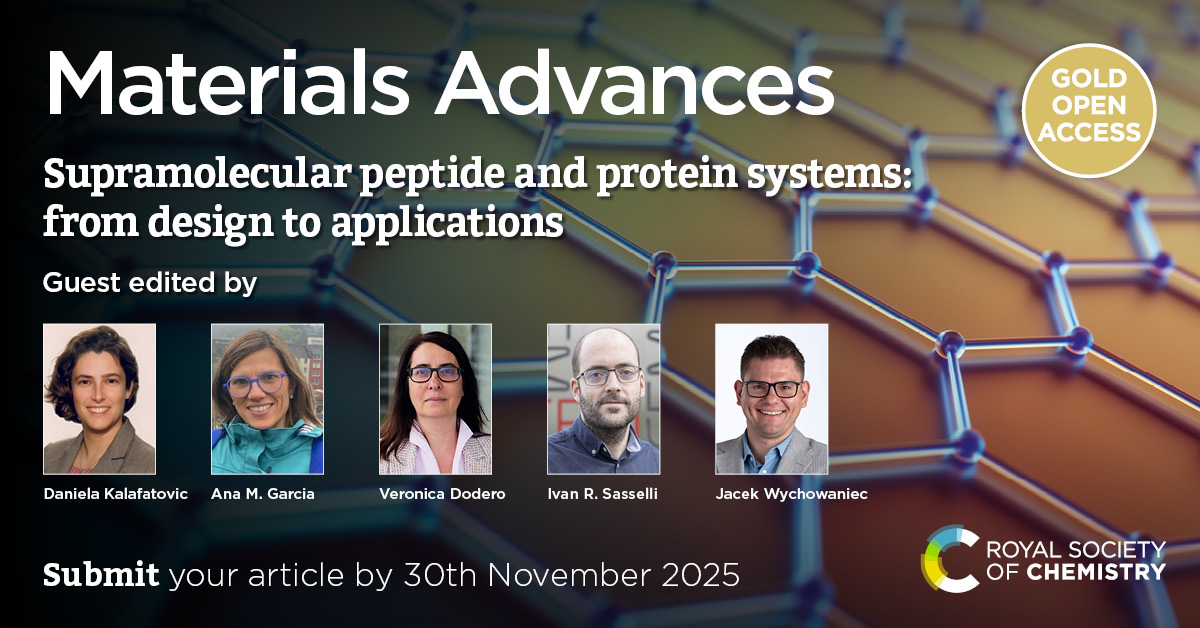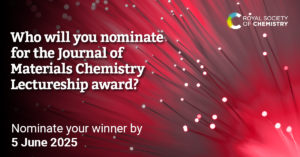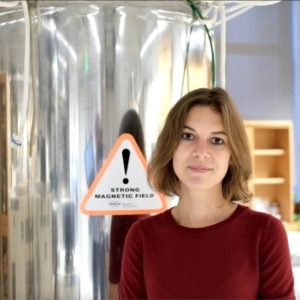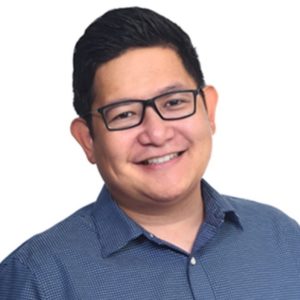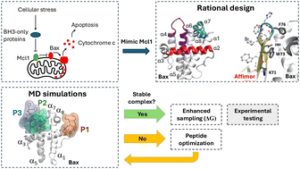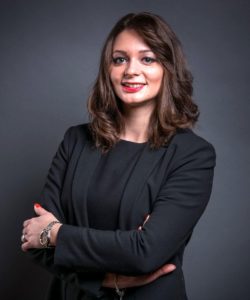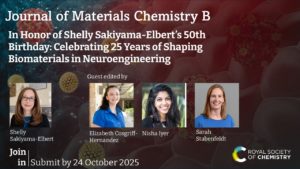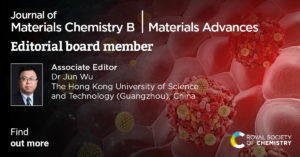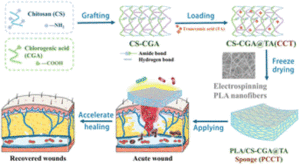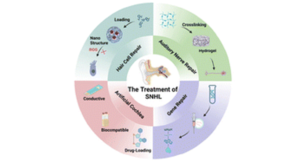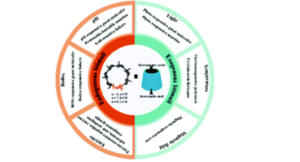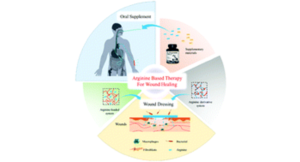Submit your research until 23 July 2025
We are delighted to announce this open call for papers to contribute to a themed collection for Journal of Materials Chemistry C entitled Perspective on the technologies of OLEDs, guest edited by Professors Chihaya Adachi (Kyushu University, Japan), Subrata Ghosh (IIT Mandi, India), P. Rajamalli (Indian Institute of Science, India) and Eli Zysman-Colman (University of St Andrews, UK).

Scope
The last two decades have been revolutionary to the OLED industry as its quantum efficiency has increased more than twentyfold thanks to their exclusive properties such as low power consumption, flexibility, color purity, high efficiency, etc. OLEDs are being explored in many sectors, including consumer electronics, automotive, and biomedical applications. Despite several advantages, a few challenges, including short lifetime and production costs, remain a bottleneck for replacing the present display technology in different sectors. The OLED technology bridges various disciplines from material science and device physics to consumer electronics and healthcare applications.
Through this themed collection, Journal of Material Chemistry C provides a unique opportunity to share your research with an interdisciplinary audience and fill the existing knowledge gap to overcome the remaining challenges.
Guest Editors
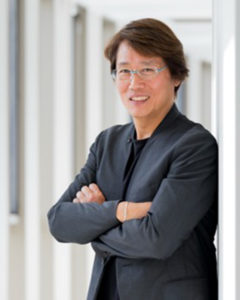
Professor Chihaya Adachi (Kyushu University, Japan)
Chihaya Adachi is a distinguished professor at Kyushu University and director of Kyushu University’s Center for Organic Photonics and Electronics Research (OPERA). He is also director of the Fukuoka i3 center for Organic Photonics and Electronics Research. He obtained his doctorate in Materials Science and Technology in 1991 from Kyushu University and held positions as at the Chemical Products R&D Center at Ricoh Co., the Department of Functional Polymer Science at Shinshu University, the Department of Electrical Engineering at Princeton University, and Chitose Institute of Science and Technology before returning to Kyushu University as a professor. Adachi’s research combines the areas of chemistry, physics, and electronics to advance the field of organic light-emitting materials and devices from both the materials and device perspectives through the design of new molecules with novel properties, the study of processes occurring in individual materials and complete devices, and the exploration of new device structures, and he has co-authored over 750 research papers. He received the Thomson Reuters Research Front Award in 2016, the Nishina Memorial Prize in 2017, and the Nagoya Silver Medal in 2019. Recently, he has been selected as a Highly Cited Researcher for the period of 2018-2024 and awarded a Purple Ribbon Medal by the Japanese government in 2023 and the SID Jan Rajchman Prize in 2025.
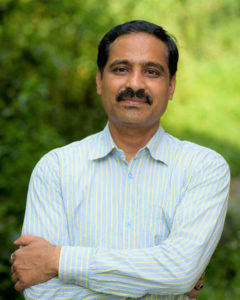
Professor Subrata Ghosh (IIT Mandi, India)
Subrata Ghosh received his doctoral degree from Indian Institute of Technology Guwahati in the area of organic synthesis. After spending several years in Bar-Ilan University, Case Western Reserve University and University of Leipzig for his postdoctoral studies, he joined Indian Institute of Technology Mandi in 2010 as Assistant Professor. He was awarded the Alexander von Humboldt Fellowship in 2008. Currently he is serving IIT Mandi as Professor in the School of Chemical Sciences. Along with his interest in contemporary research, he has a passion for teaching. His research interests include organic synthesis, and functional materials for optoelectronics, surface patterning and imaging applications.
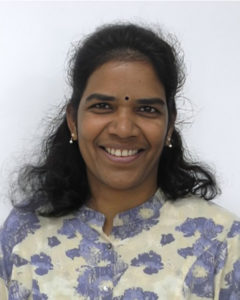
Professor P. Rajamalli (Indian Institute of Science, India)
Dr. P. Rajamalli is an Assistant Professor at MRC, Indian Institute of Science, India. She completed her Ph.D. in 2012, from Indian Institute of Technology Madras on luminescent self-assemblies and their application in various fields. After completing her Ph.D., she did her first post-doc at National Tsing Hua University, Taiwan. In 2017, she received Marie Curie Fellowship and did her second post-doc at University of St Andrews, UK. Currently, she is working on organic light-emitting diodes, primarily focusing on thermally activated delayed fluorescent emitters, hyperfluorescent devices, and luminescent dendrimers.

Professor Eli Zysman-Colman (University of St Andrews, UK)
Eli Zysman-Colman obtained his Ph.D. from McGill University in 2003 under the supervision of Prof. David N. Harpp as an FCAR scholar, conducting research in physical organic sulfur chemistry. He then completed two postdoctoral fellowships, one in supramolecular chemistry with Prof. Jay Siegel at the Organic Chemistry Institute, University of Zurich as an FQRNT fellow and the other in inorganic materials chemistry with Prof. Stefan Bernhard at Princeton University as a PCCM fellow. He joined the department of chemistry at the Université de Sherbrooke in Quebec, Canada as an assistant professor in 2007. In 2013, he moved to the University of St Andrews in St Andrews, UK, where he is presently Professor of Optoelectronic Materials, Fellow of the Royal Society of Chemistry, holder of an EPSRC open fellowship and the inaugural holder of the St Andrews innovation fellowship. He is a past holder of a Royal Society Leverhulme Trust Senior Research Fellowship. His research program focuses on the rational design of: (I) materials for organic light emitting diode (OLED) and light-emitting electrochemical cell (LEEC) device architectures; (II) sensing materials; (III) optical imaging agents; and (III) photocatalyst development for use in organic synthetic reactions.
Submit to Journal of Materials Chemistry C
Please consider contributing to this open call for papers for our upcoming themed collection entitled Perspective on the technologies of OLEDs to be published in Journal of Materials Chemistry C.
Open for Submissions until 23 July 2025
Submissions to the journal should contain chemistry in a materials context and should fit within the scope of Journal of Materials Chemistry C. Please see the journal’s website for more information on the journal’s scope, standards, article types and author guidelines.
This call for papers is open for the following article types:
- Communications
- Full papers
If you would like to contribute to this themed collection, you can submit your article directly to the online submission service for Journal of Materials Chemistry C. Please mention that this submission is a contribution to the Perspective on the technologies of OLEDs collection in the “Themed issues” section of the submission form and add a “Note to the Editor” that this is from the Open Call. The Editorial Office reserves the right to check suitability of submissions in relation to the scope of both the journal and the collection, and inclusion of accepted articles in the final themed issue is not guaranteed.
Please also note that all submissions will be subject to initial assessment and rigorous peer review to meet the usual high standards of Journal of Materials Chemistry C.
Comments Off on Perspective on the technologies of OLEDs – Open Call for Submissions


